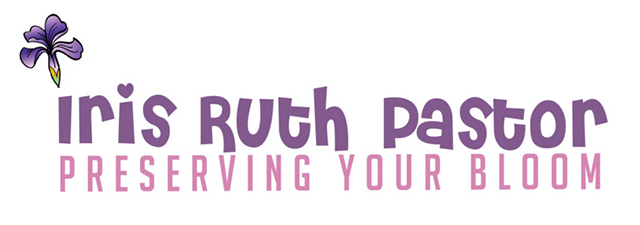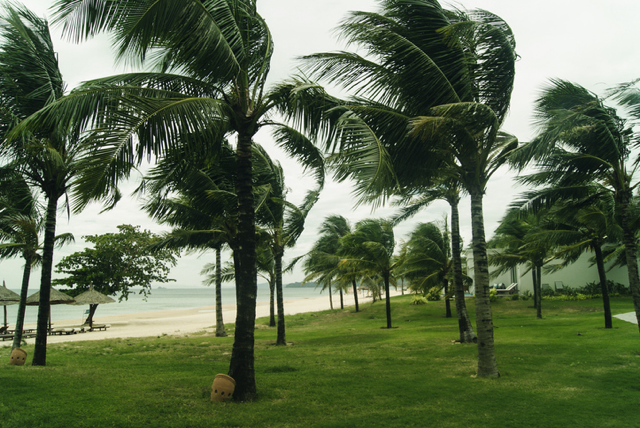Keep Preserving Your Bloom,
-
It All Sucks or Does It? May 29, 2020
-
Mother’s Day 1993 May 10, 2019
-
Three Friends in Two Weeks Aug 16, 2019
-
It’s Give-Away Time! May 23, 2025
-
I’m Not Giving Up May 16, 2025
-
I Don’t Give Up On People May 9, 2025
-
Debbie Finn on Am I Really Too Old to do Cartwheels?
I read this very interesting blog because I also want to do (...)
-
Jeff bi,yeu on Am I Really Too Old to do Cartwheels?
72 and still doing cartwheels and Martial
-
onserio semba on New Beginnings are Tantalizing
I am happy to meet you here. I need to help me to grow in (...)


